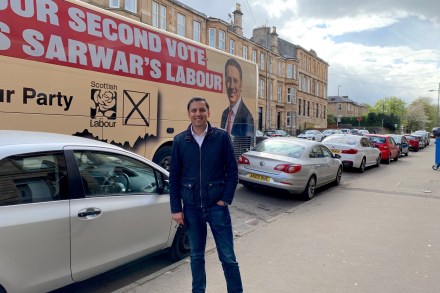Glasgow’s immigration raid stand-off is nothing to celebrate
The rule of law is very simple: it means ‘everyone must obey the law’. Last year, much hay was made by a variety of politicians claiming the government might breach the rule of law over Brexit. It had not. But even the idea that the rule of law might have been broken was given rightful attention. We should take from that a comforting truth that breaches of the rule of law matter to society. This week, a large group of people physically obstructed immigration officers in the proper conduct of their office in Glasgow, preventing them from detaining two men. This was a breach of the rule of law. The





















